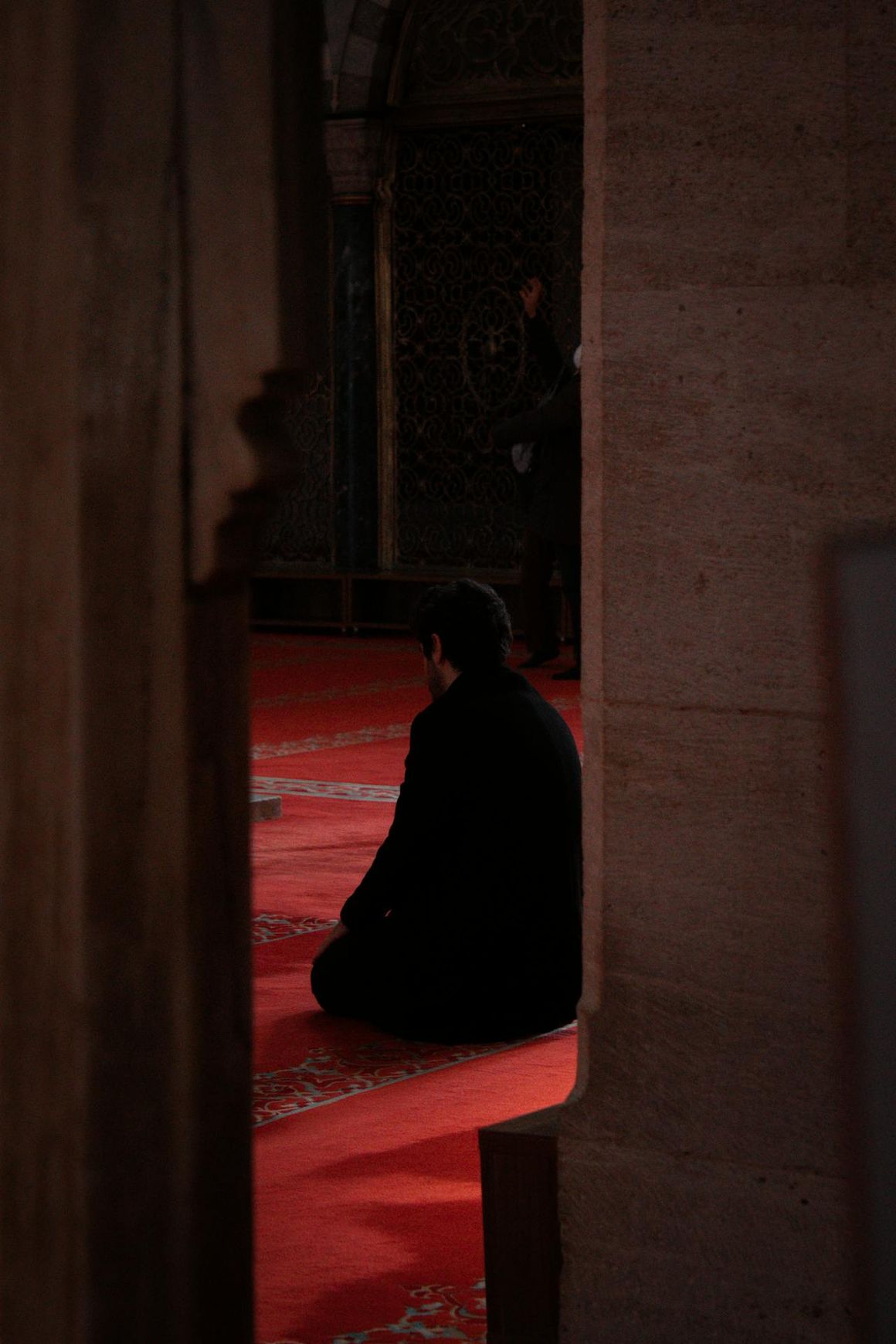Prophet Muhammad, peace be upon him, is one of the most revered and beloved figures in Islamic history. He is known for his wisdom, courage, and compassion towards all people, including his enemies. Despite facing numerous challenges and opposition from his enemies during his lifetime, the Prophet's approach towards them was characterized by mercy and forgiveness. His actions serve as a timeless example for Muslims and non-Muslims alike on how to treat those who oppose us.
One of the most remarkable examples of the Prophet's compassion towards his enemies was the conquest of Mecca. Mecca was the birthplace of Islam, and the Prophet had faced intense persecution from its leaders and inhabitants for over a decade.
When he began preaching Islam publicly in Mecca, he faced intense opposition and persecution from the city's leaders and inhabitants.
The Prophet and his followers endured physical and verbal abuse, boycotts, and even assassination attempts.
In 622 CE, he and his followers had to flee Mecca and migrate to Medina to escape the persecution. The journey was long and dangerous, and they had to leave behind their homes, families, and possessions. In Medina, the Prophet and his community had to defend themselves against Mecca in several battles, including the Battle of Badr, the Battle of Uhud, and the Battle of the Trench. These battles were intense and deadly, and the Muslims faced overwhelming odds.
However, when he finally conquered Mecca with his army, he forgave his enemies and granted them amnesty.
He did not seek revenge or retribution for the years of hardship and oppression he had endured. Instead, he showed compassion and forgiveness, and many of his former enemies embraced Islam as a result.
The Prophet's compassion towards his enemies was not limited to his military conquests or political dealings. He also showed kindness and mercy towards individuals who personally opposed him.
The story of the woman who threw garbage at Prophet Muhammad (peace be upon him) is a well-known incident that demonstrates his exceptional patience, forgiveness, and kindness. According to the story, there was a woman in Mecca who used to throw garbage at the Prophet every time he passed by her house. The woman continued to do this for days, but the Prophet did not retaliate or react in anger.
Instead, he showed kindness and concern for the woman's well-being. One day, when the Prophet passed by the woman's house and did not find her there, he became worried about her and inquired about her from her neighbors. The neighbors informed the Prophet that the woman was very sick and bedridden.
Moved by the woman's illness and suffering, the Prophet went to visit her at her house. He sat beside her and spoke to her with kindness and compassion. The woman was deeply touched by the Prophet's kindness, and she embraced Islam on the spot.
This incident is a powerful example of how the Prophet Muhammad responded to insults and adversity with forgiveness, kindness, and compassion.
Rather than reacting in anger or seeking revenge, he chose to respond with empathy and concern for the well-being of his tormentor. This attitude of forgiveness and kindness is a central tenet of Islamic teaching and continues to inspire Muslims to this day.
The Prophet's approach towards his enemies was rooted in his deep sense of compassion and love for all humanity. He saw his enemies not as adversaries to be defeated, but as fellow human beings who were in need of guidance and compassion. He recognized that hatred and revenge only perpetuate cycles of violence and suffering, and instead chose to break the cycle by showing kindness and forgiveness.
One of the other well-known instances of Prophet Muhammad inviting people to Islam occurred in the village of Ta'if. In the year 620 CE, the Prophet traveled to Ta'if to invite the people there to embrace Islam. However, the people of Ta'if rejected his message and treated him and his companion, Zaid ibn Haritha, very harshly.
The people of Ta'if incited the youth of the town to pelt the Prophet with stones and chase him out of the town. The Prophet and his companion were pelted with stones until they were bleeding from head to toe. The people of Ta'if drove the Prophet and his companion out of the town and chased them for some distance.
Despite this harsh treatment, the Prophet did not give up. He continued to preach the message of Islam with patience and perseverance.
He prayed to Allah to guide the people of Ta'if and to soften their hearts towards Islam. The Prophet's unwavering commitment to his mission earned him the respect and admiration of his companions and followers.
The incident in Ta'if serves as a powerful reminder of the challenges that the Prophet faced in his mission to spread the message of Islam. It also highlights his resilience and determination in the face of adversity. Rather than responding with anger or revenge, the Prophet chose to forgive the people of Ta'if and to continue his mission of spreading the message of Islam with kindness and compassion.
Despite these numerous hardships, the Prophet Muhammad remained steadfast in his faith and his mission. He saw these difficulties as tests from Allah and as opportunities to grow closer to Him. He remained kind, compassionate, and just in his dealings with others, even his enemies. His example continues to inspire and guide Muslims and non-Muslims alike in how to face life's challenges with patience, resilience, and faith.


